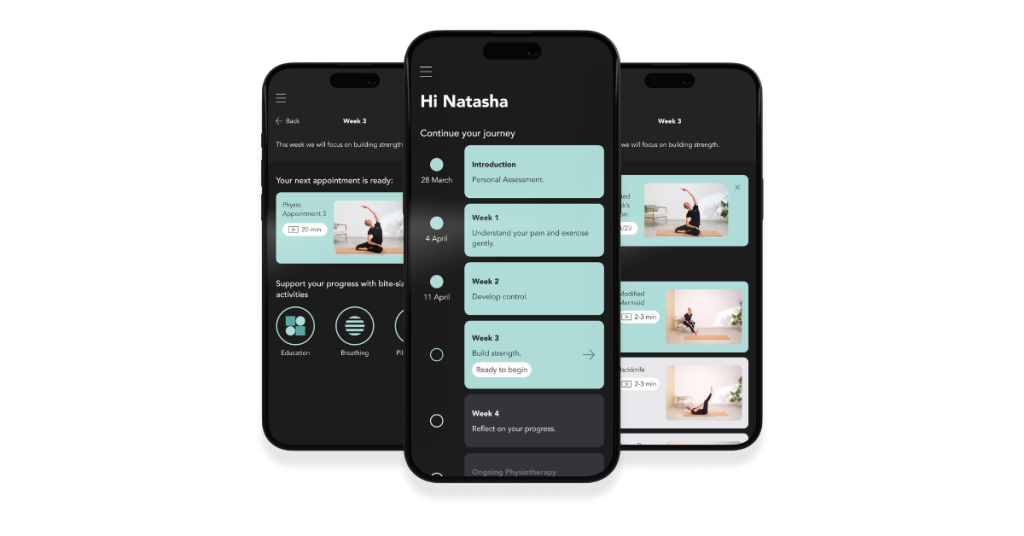What if physiotherapy no longer required a human touch, yet delivered care just as effectively? Flok Health has achieved Europe’s first certification for an autonomous AI clinician, signalling a new chapter in digital healthcare. In this blog, we explore what this milestone means for the future of MedTech talent and the skills shaping human–AI collaboration.
Europe has just taken a decisive step toward the next era of healthcare. Flok Health, a UK-based digital health company, has become the first to secure EU Class IIa certification for an AI-powered physiotherapy platform under the Medical Device Regulation (MDR), marking Europe’s first certified AI physiotherapist.
This isn’t another support algorithm. It’s an autonomous system capable of assessing, diagnosing, delivering treatment, and discharging patients without direct human oversight. In early NHS pilots, Flok’s solution reportedly cut musculoskeletal waiting lists by nearly half, with 80% of patients rating their experience as equal or better than traditional care.
As the headlines celebrate the achievement, a deeper question surfaces:
What happens when technology becomes a teammate?




